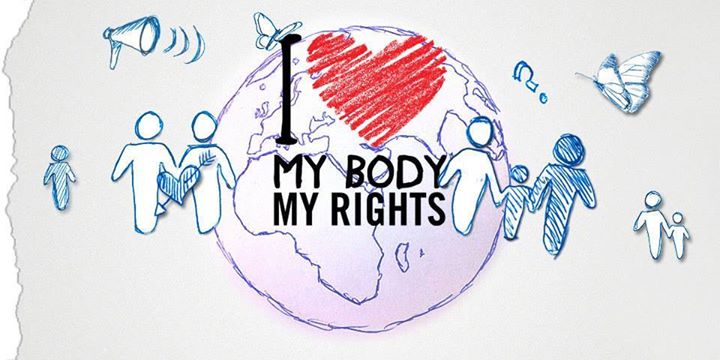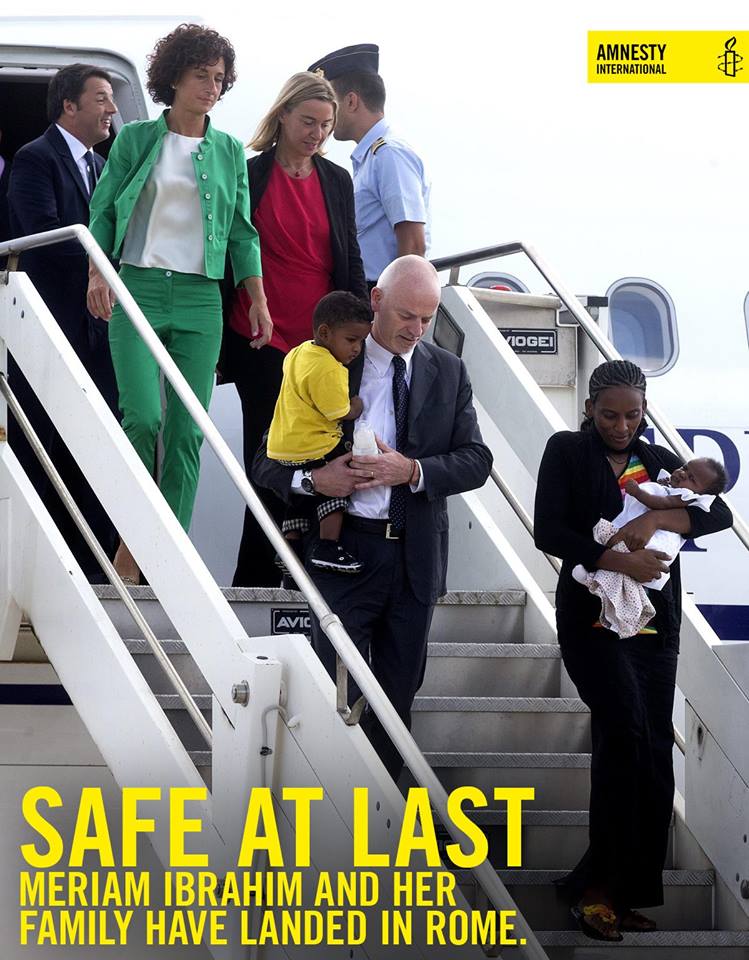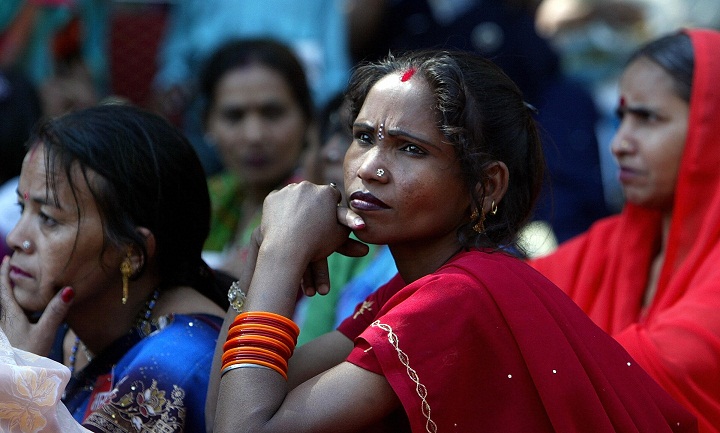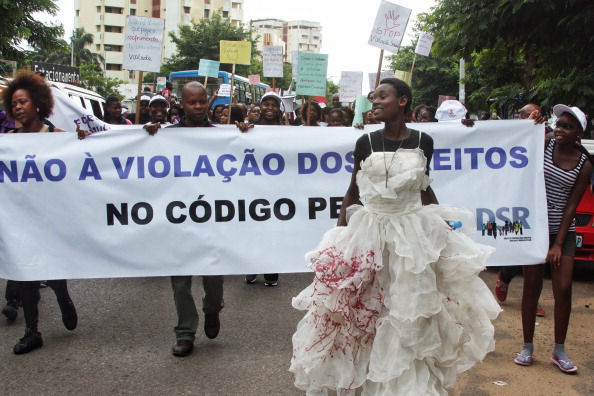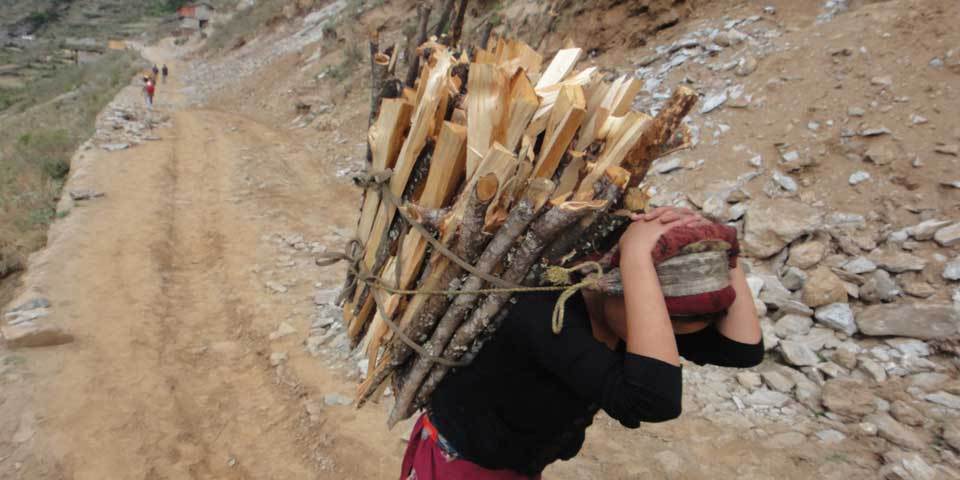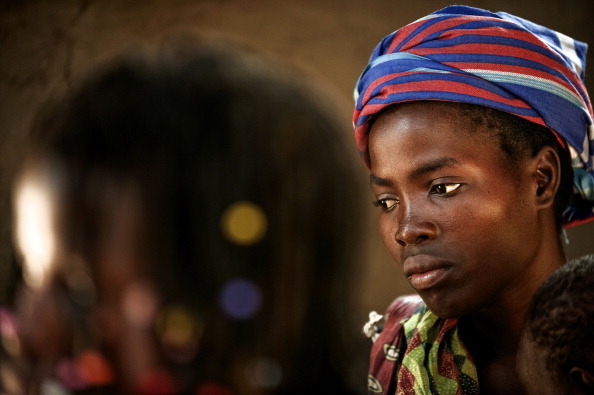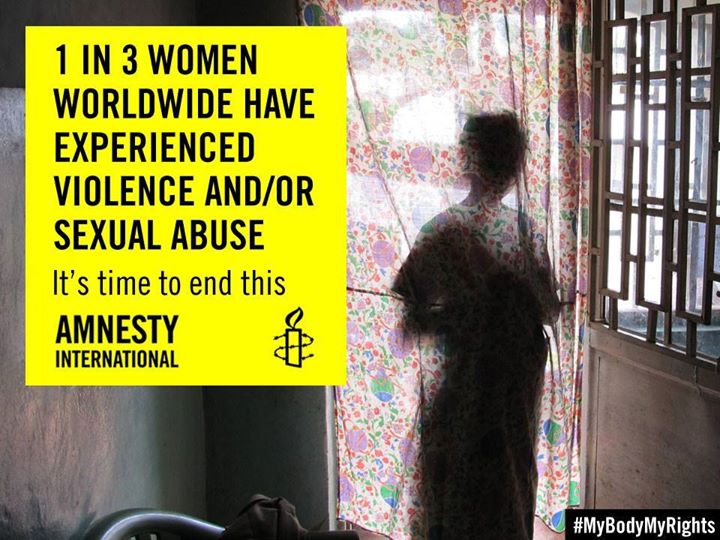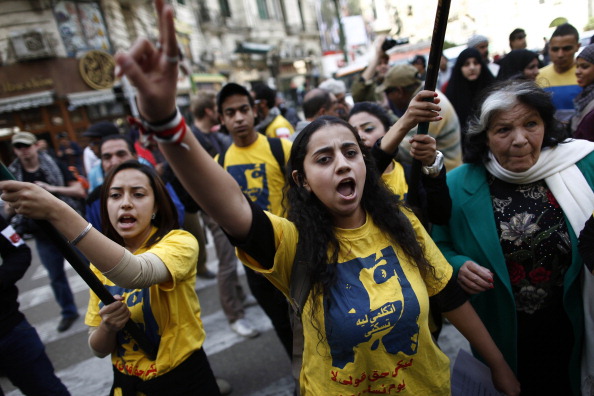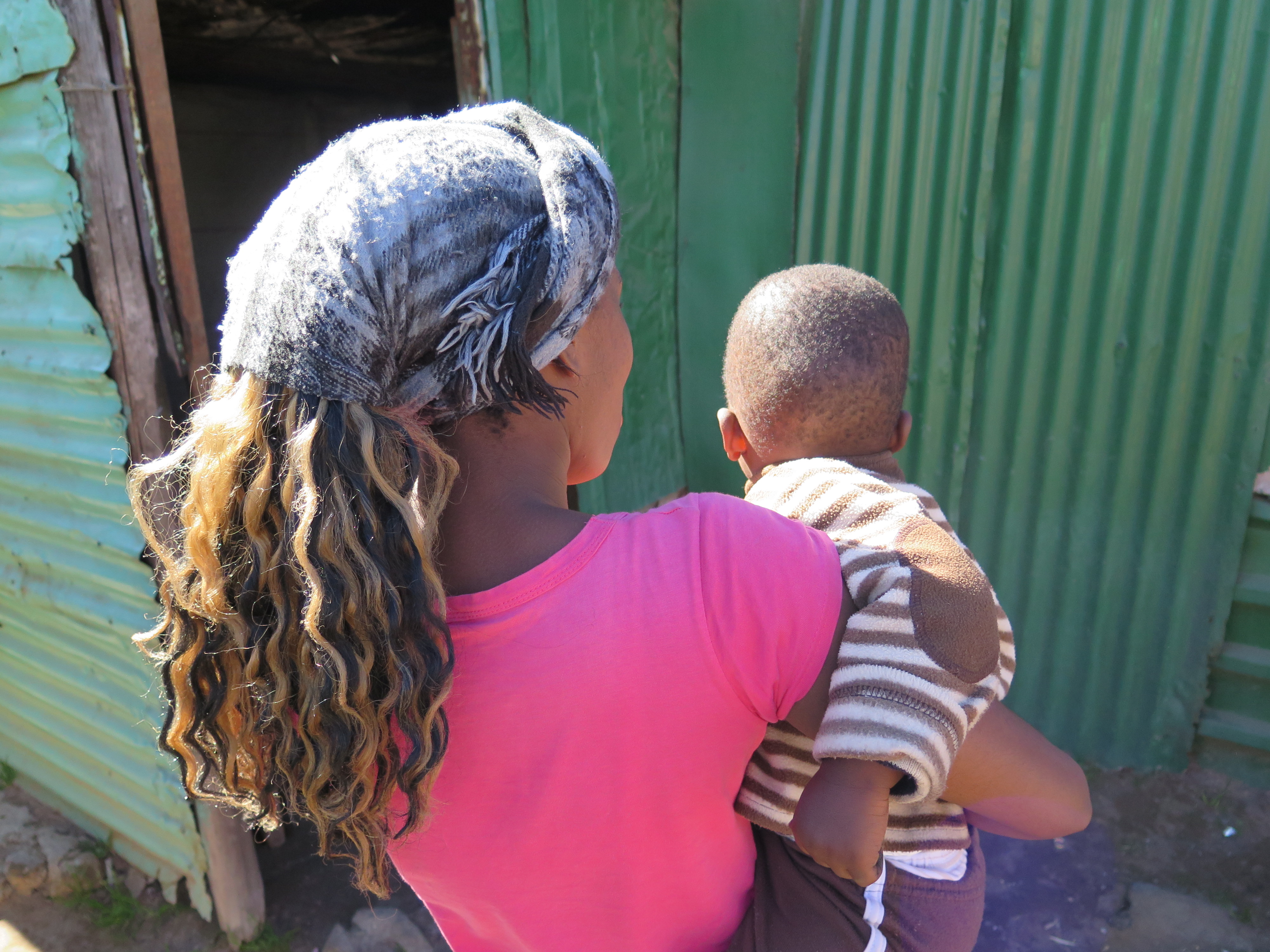
Poor infrastructure, lack of privacy and limited access to health services are only a few of the factors contributing to the devastating maternal mortality rate in South Africa.
There is a rural area in Mpumalanga Province, South Africa where the maternal mortality rate more than doubled from 2011 to 2012. Why are women so at risk for dying during childbirth in this province? The reasons are complex and inter-related but many factors can be addressed by the provincial Minister of Health. And we are demanding that he does. SEE THE REST OF THIS POST
